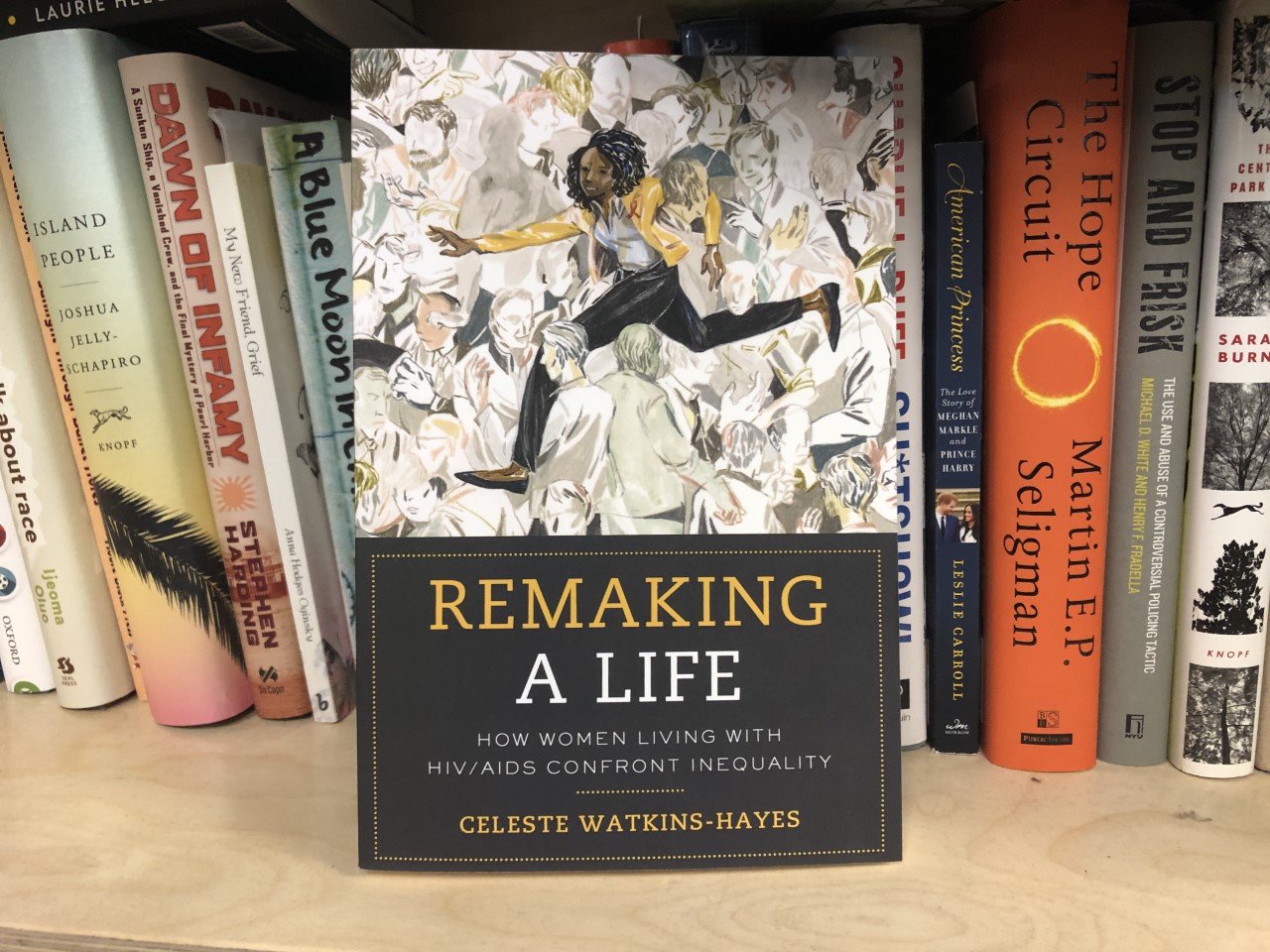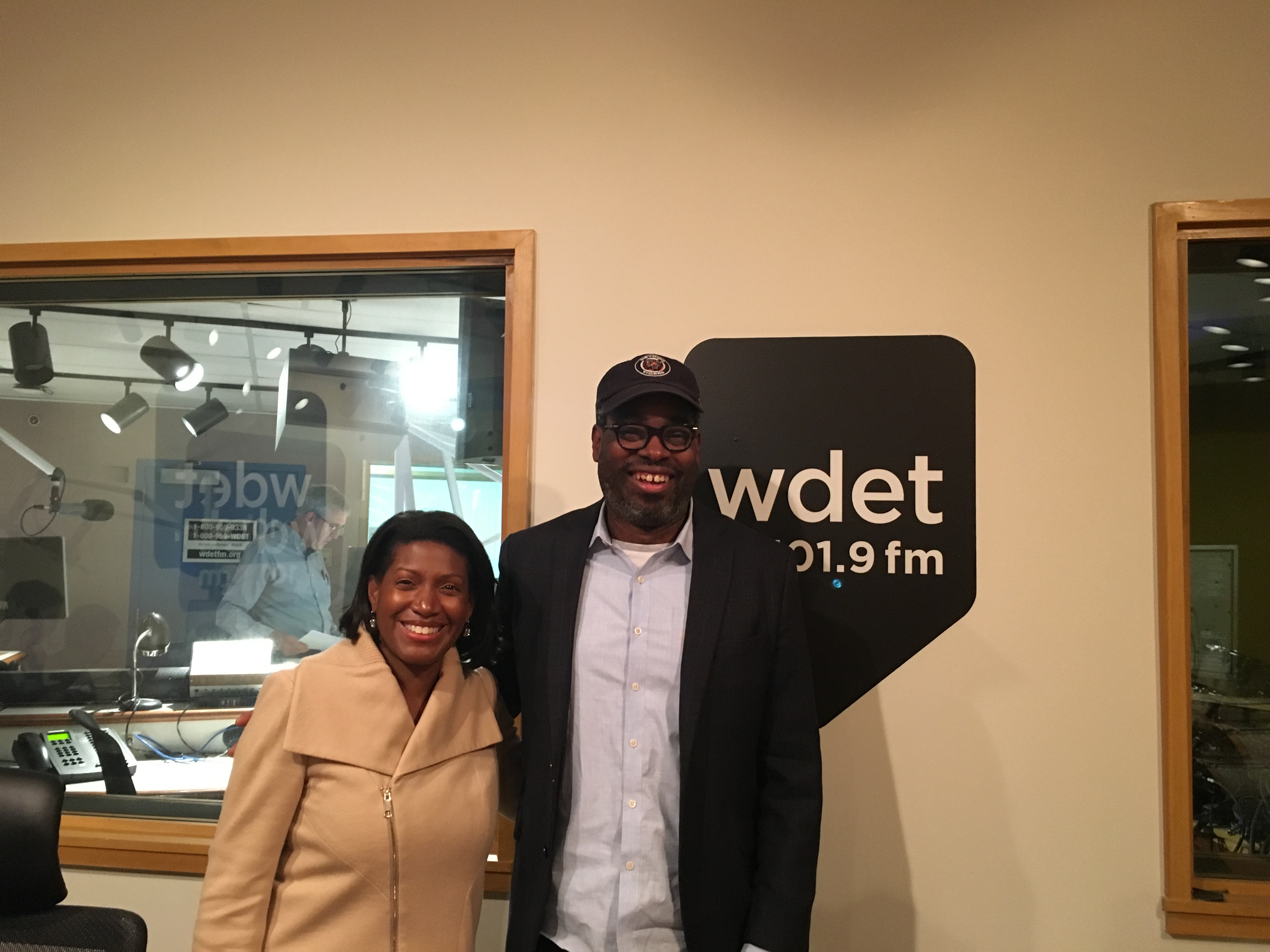“HIV Saved My Life” But Stigma, Discrimination Still Persists in 2019
Dr. Celeste Watkins-Hayes interviewed more than 200 women living with HIV/AIDS for her book “Remaking a Life.”


An HIV diagnosis used to be a death sentence. Today, many people who are HIV positive are living long, healthy, and productive lives.
But that doesn’t mean it’s easy. Stigma and prejudice continue to shape the lives of those who are diagnosed with HIV and many people — especially those in otherwise marginalized communities — face an extra layer of discrimination and inequality.
Dr. Celeste Watkins-Hayes, professor of Sociology & African American Studies at Northwestern University, is the author of the new book “Remaking a Life: How Women Living with HIV/AIDS Confront Inequality.”
She interviewed over 200 women who are living with HIV/AIDS for the book.
“I was interested in documenting both the challenges and hurdles of living with HIV…but I also wanted to document how we moved the needle on this medical and social problem,” says Watkins-Hayes on Detroit Today with Stephen Henderson.
“It was activism that pushed that achievement forward,” she continues. “To push the science, find the medications, but also build an infrastructure of support.”
Watkins-Hayes says the one quote that sticks with her most from her conversations comes from Dawn Stevens, a 58 year-old woman who was diagnosed with HIV in 1985, who said, “If it weren’t for HIV, I’d probably be dead.”
That sentiment was echoed on Detroit Today by caller Latasha from Livonia, who says her diagnosis helped save her life as well.
“I didn’t really want to continue on with life, but it was because of HIV and my status that allowed me to meet some of the most amazing people of my life,” says Latasha.
Watkins-Hayes says it’s the community of people who are engaged in HIV/AIDS support and services that uplift people who are diagnosed with the disease and improves their lives beyond just addressing the disease itself and its symptoms. But she says that’s also frustrating from a public policy standpoint.
“Why does it take an HIV diagnosis to get people the support that they needed?” she says. “It’s really an indictment on our larger social safety nets…We often don’t assist people in need until the fire is raging.”

